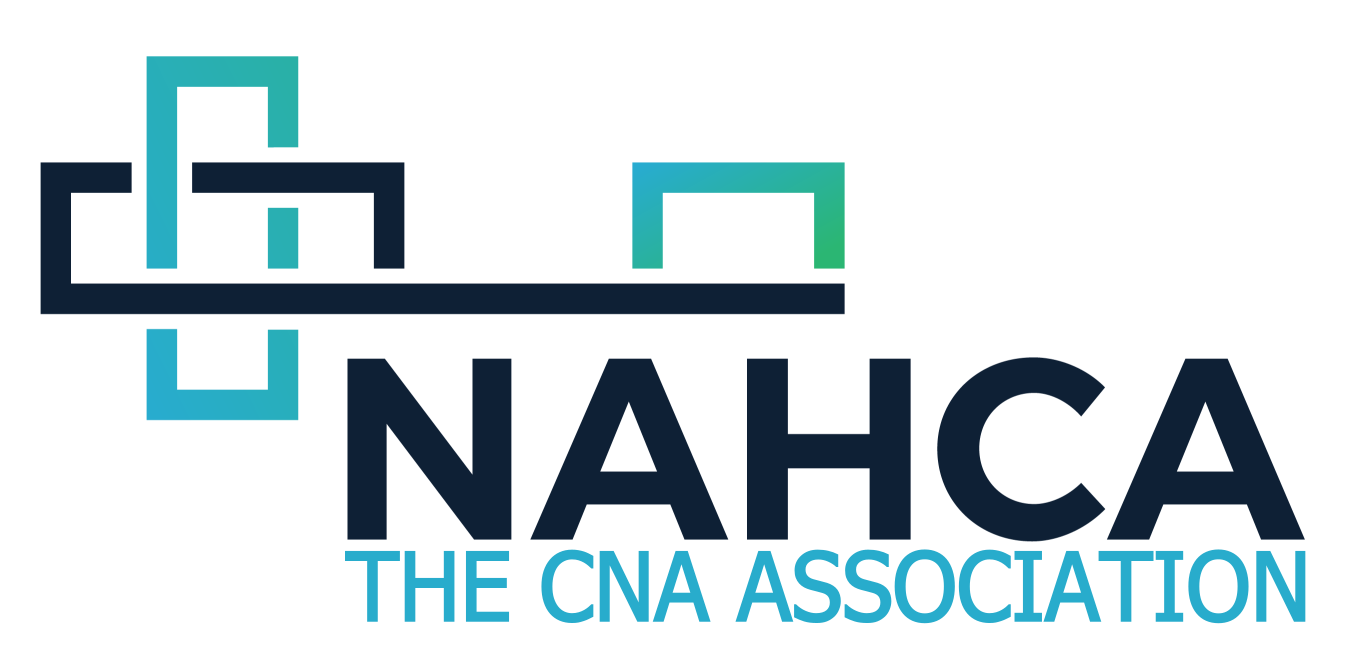I firmly believe that CNAs could do anything they want to do. They are resourceful, passionate, and resilient. They are able to juggle numerous tasks at once and can pivot quickly from one thing to another. So I was pleased to talk with NICE’s Cindy Frakes and NAHCA board chair Sherry Perry about the many career opportunities for CNAs at our most recent webinar, Anything Is Possible! Examining Potential career Paths for CNAs.
While CNAs could pursue a career path to be an LPN or RN, there is a mistaken belief that all CNAs want to be nurses. This is absolutely not true. During the webinar, I proposed that CNAs actually may be naturals for other roles. For instance, Cindy said that she has seen CNAs become administrators and be very successful. This is because they have much in common – they have a million things going on at once, they have to be able to communicate with a variety of audiences, and they have to be effective time managers. They also know their facilities and what goes on in many areas on a day-to-day basis. In many states, a college degree is required for administrators; and this can be a barrier for CNAs who are interested in pursuing this role. However, they may be able to work with their organization to seek continuing education. There may be scholarships or aid available, and some organizations may be willing to provide tuition assistance in return for a commitment to stay with the company for a specific period of time.
Sherry stressed that many CNAs don’t necessarily want to be administrators or nurses. She said, “They are comfortable with their work and providing the best care possible. They feel they are making a difference.” Still, she suggested – and I certainly agree – that all CNAs should have opportunities to grow and learn new skills, even if they want to continue working as CNAs. For instance, they should be able to become mentors or preceptors or pursue special training in areas such as infection prevention control and wound care.
We talk a lot about nursing homes and long-term care. But there clearly are opportunities for CNAs beyond this setting, and we talked about some of these in the webinar. For instance, Sherry discussed her work as a hospital CNA and the tasks, such as drawing blood, that she was unable to perform in long-term care. There also are opportunities in assisted living and home care, as well as places like prisons and private homes. An audience member at the program talked about becoming an end-of-life doula and the many opportunities in this area, as well as palliative care and hospice. A growing number of states are enabling CNAs to become med techs or certified medication aides. From what we hear, they love this. They feel that they are moving up the ladder; and they’re taking great pride in this work.
As Cindy noted, there also are roles beyond health care jobs in health care settings. CNAs who are good with numbers and documentations may want to consider jobs in finance or billing and coding. Those who are creative and outgoing may consider work in marketing or sales.
Cindy noted that when leadership doesn’t demonstrate an interest in career pathways for CNAs, it isn’t because of any ill intent. Instead, it’s just not on their radar because they are busy with other things. They also don’t want to lose people they value. Whatever your goals, it is always important to take time to shine. As Cindy said, “People watch what you do and how you do it. When you have good communication skills and are willing to go the extra mile, they seek you out. There are many places for CNAs and many pathways to mine their skills and passions.”




